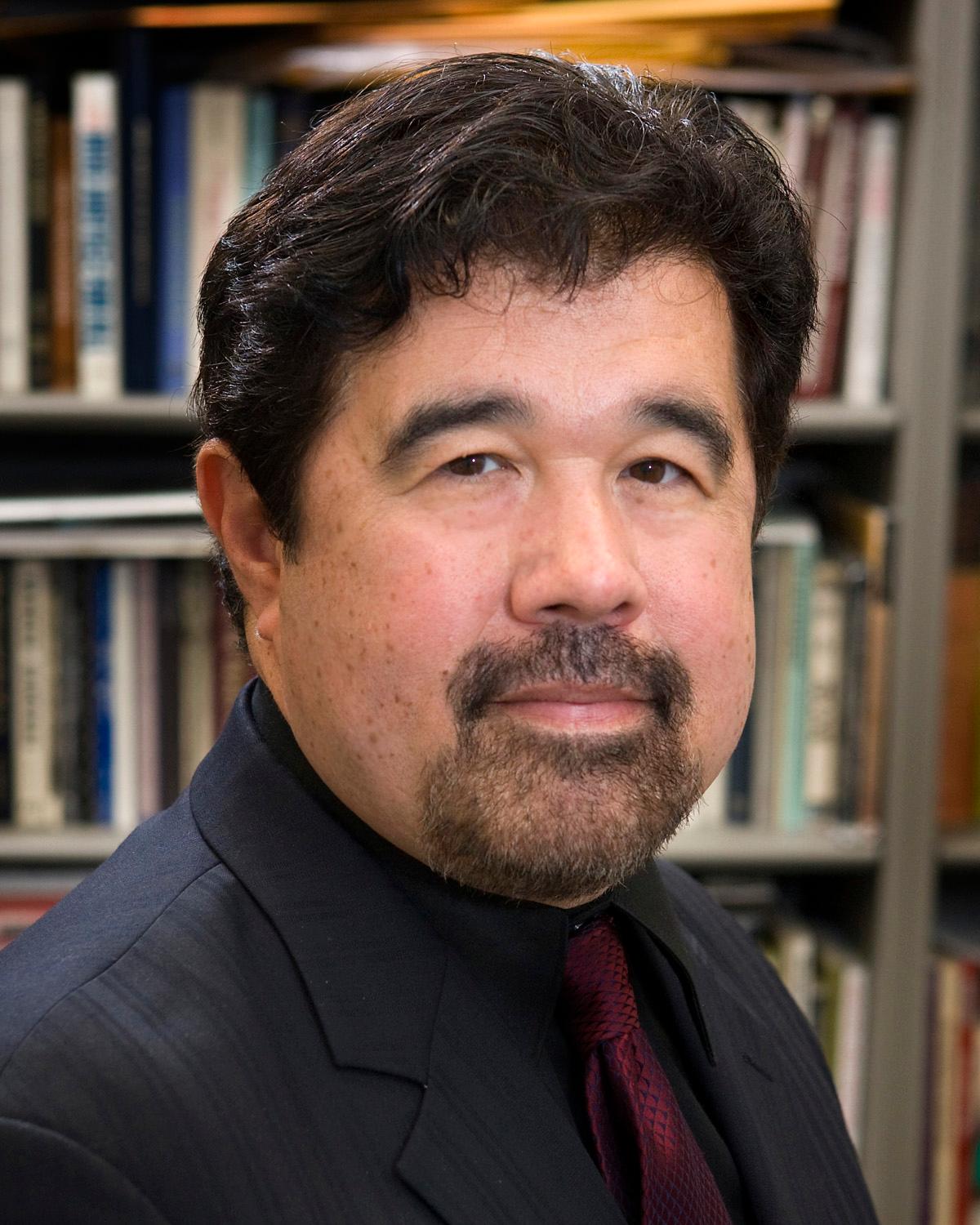
This story first aired February 16, 2017.
Seventy-five years ago this Sunday, on Feb. 19, 1942, in response to the bombing of Pearl Harbor, President Franklin D. Roosevelt signed the executive order that led to the forced incarceration of 120,000 people of Japanese descent, including American citizens. One of the interment camps, Amache, was in southeast Colorado. Others were located in California, Idaho, Utah, Arizona, Wyoming and Arkansas. As the war wound down and they were finally allowed to leave the camps, many internees settled in Denver for a time.

Lane Hirabayashi is a professor of Asian American Studies at UCLA. He's speaking in Denver at the Mile High Japanese American Citizens League’s Day of Remembrance. He says Denver had a lively Japanese community in the post-war 1940s, with a variety of businesses and even a shoyu, or Japanese style soy sauce factory.
He says there are lessons to be drawn from the experience of the Japanese people during World War II that are relevant for Muslims and Middle Eastern people living in the United States now.
Lane Hirabayashi spoke with Colorado Matters host Andrea Dukakis.
Related stories:
Author Lane Hirabayashi: Japanese American Resettlement Through The Lens









